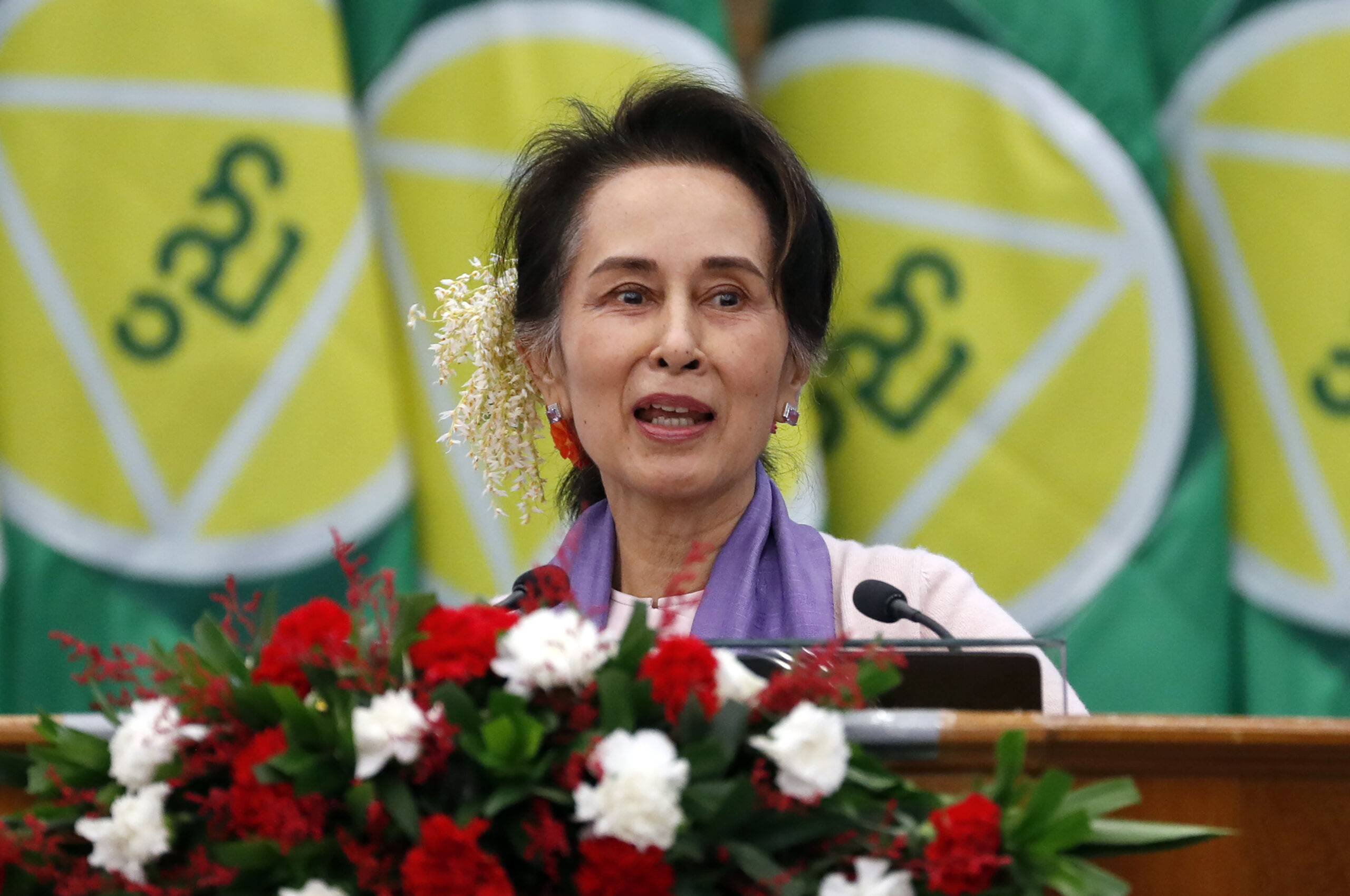BANGKOK (AP) – Myanmar’s Supreme Court on Friday declined to hear special appeals from the country’s ousted leader Aung San Suu Kyi against her convictions of a string of criminal charges mostly brought by the military, a legal official said.
The 78-year-old Suu Kyi, who was arrested when the army toppled her elected government in February 2021, is serving prison sentences totalling 27 years after being convicted in six corruption cases where she was found guilty of abusing her authority and accepting bribes
Her supporters and independent analysts say the charges, all of which have been contested by Suu Kyi and her lawyers, are bogus and an attempt to discredit her and legitimise the military’s seizure of power.
She initially received sentences totalling 33 years but Senior General Min Aung Hlaing, the head of the military government, granted her clemency in five cases and reduced her sentence by six years as part of a broader amnesty for more than 7,000 prisoners to mark a Buddhist religious holiday in August.
The legal official, who is familiar with Suu Kyi’s court cases, said the appeals that the court in the capital Naypyitaw declined to hear included four cases in which she was convicted for abusing her position to rent parcels of land and property in Naypyitaw and Yangon, the country’s biggest city. The cases alleged that she had obtained the land at below-market prices for a charitable foundation that she chaired and had built a residence for herself on one plot with money donated for the foundation.
The legal official spoke on condition of anonymity because he is not authorised to release information. Suu Kyi’s lawyers, who had been a source of information about the proceedings, were served with gag orders in late 2021.
He said the other appeal cases were related to the two counts of corruption in which Suu Kyi was found guilty of receiving a total of USD550,000 between 2018 and 2020 from Maung Weik, a tycoon who in 2008 had been convicted of drug trafficking.
Special appeals are usually the final stage of the judicial process in Myanmar. However, they can be re-examined by the Special Appeals Tribunal or the Plenary Tribunal if the chief justice sees them to be in the public interest.
Appeals of Suu Kyi’s convictions on the charges including election fraud, breaching the official secrets acts and six other corruption cases are still being processed, several legal officials have said.
Suu Kyi’s legal team has faced several hurdles, including being unable to meet with her to receive her instructions as they prepared her appeals.

They have applied at least five times for permission to meet with Suu Kyi since they last saw her in person in December, but have not received any response, legal officials said.
There were reports last month that Suu Kyi was suffering from symptoms of low blood pressure including dizziness and loss of appetite, but had been denied treatment at qualified facilities outside the prison system.
The reports could not be independently confirmed, but Kim Aris, the younger son of Suu Kyi, said in interviews that he had heard that his mother has been extremely ill and has been suffering from gum problems and was unable to eat. Aris, who lives in England, urged that Myanmar’s military government be pressured to free his mother and other political prisoner.


